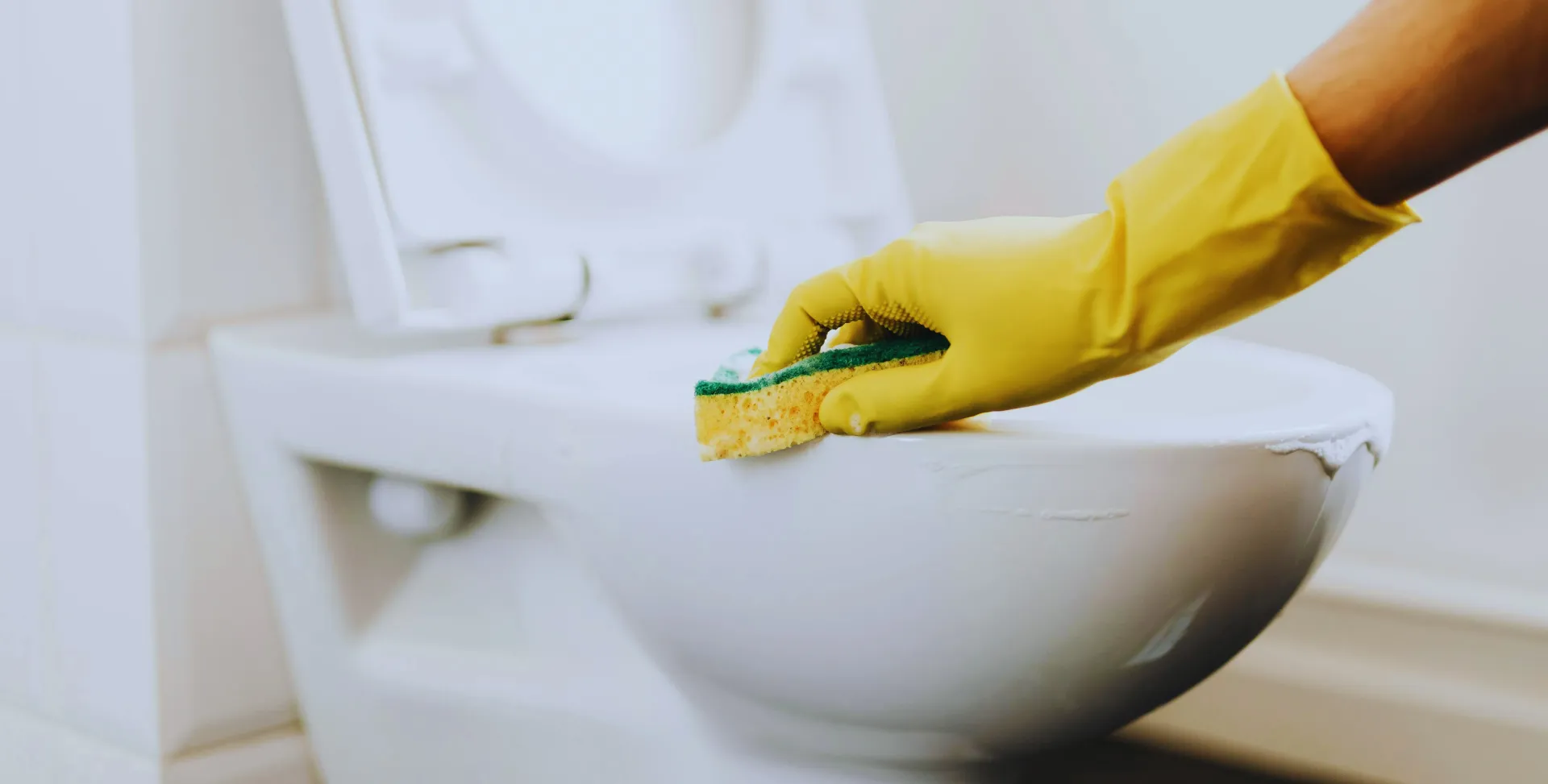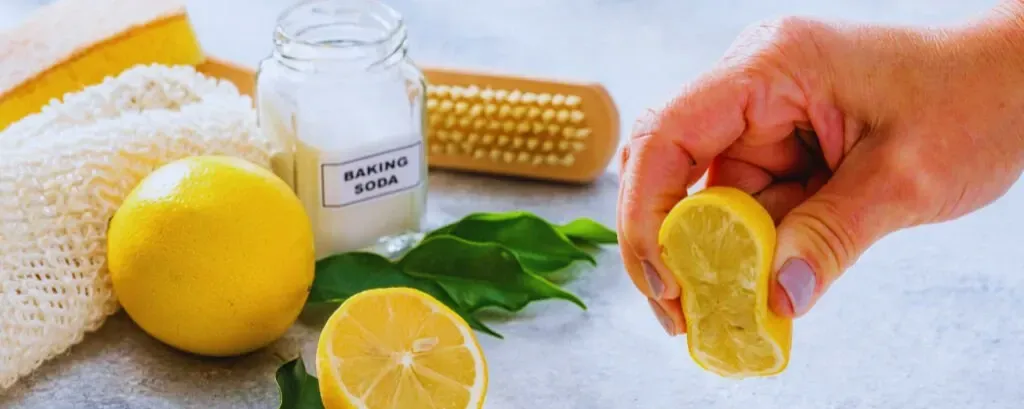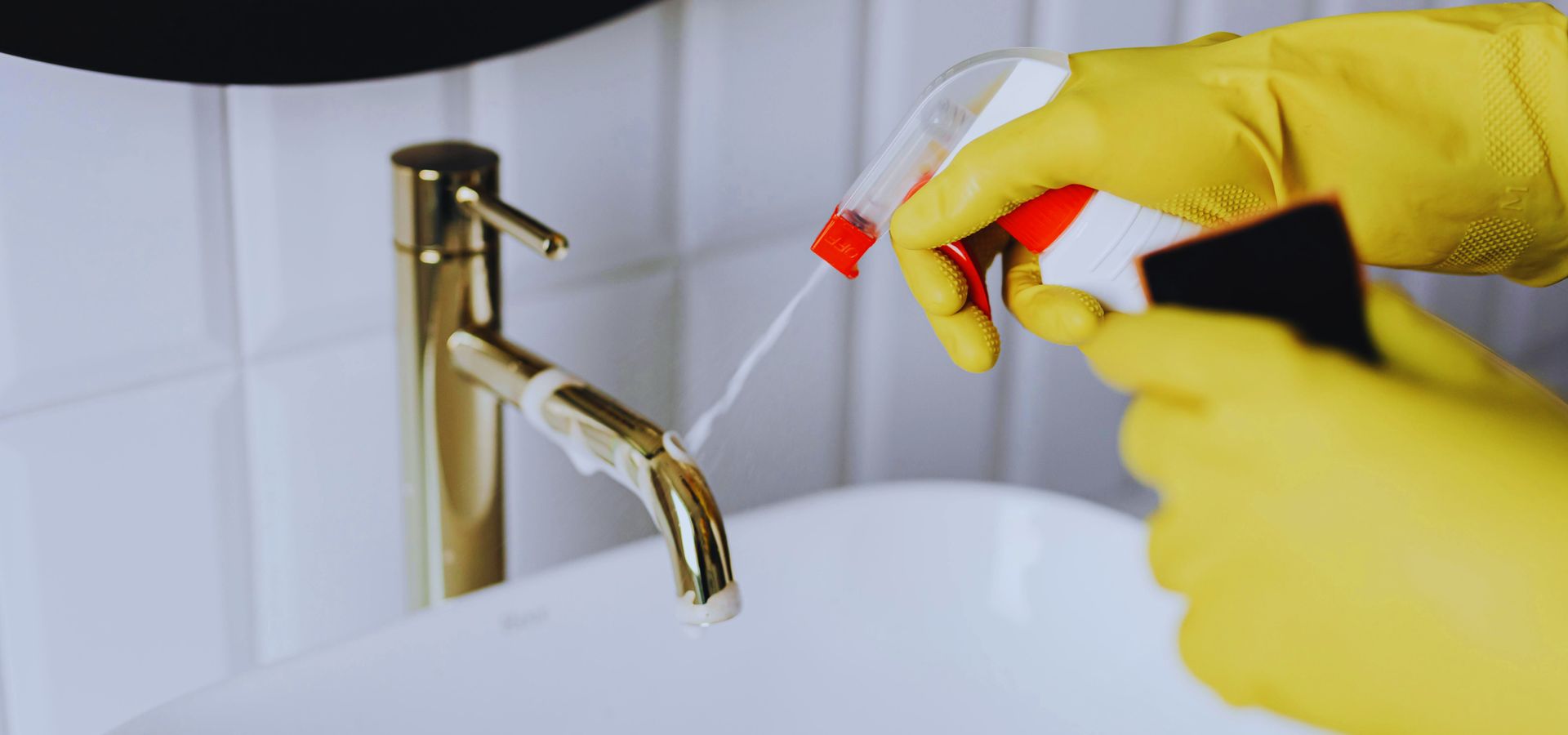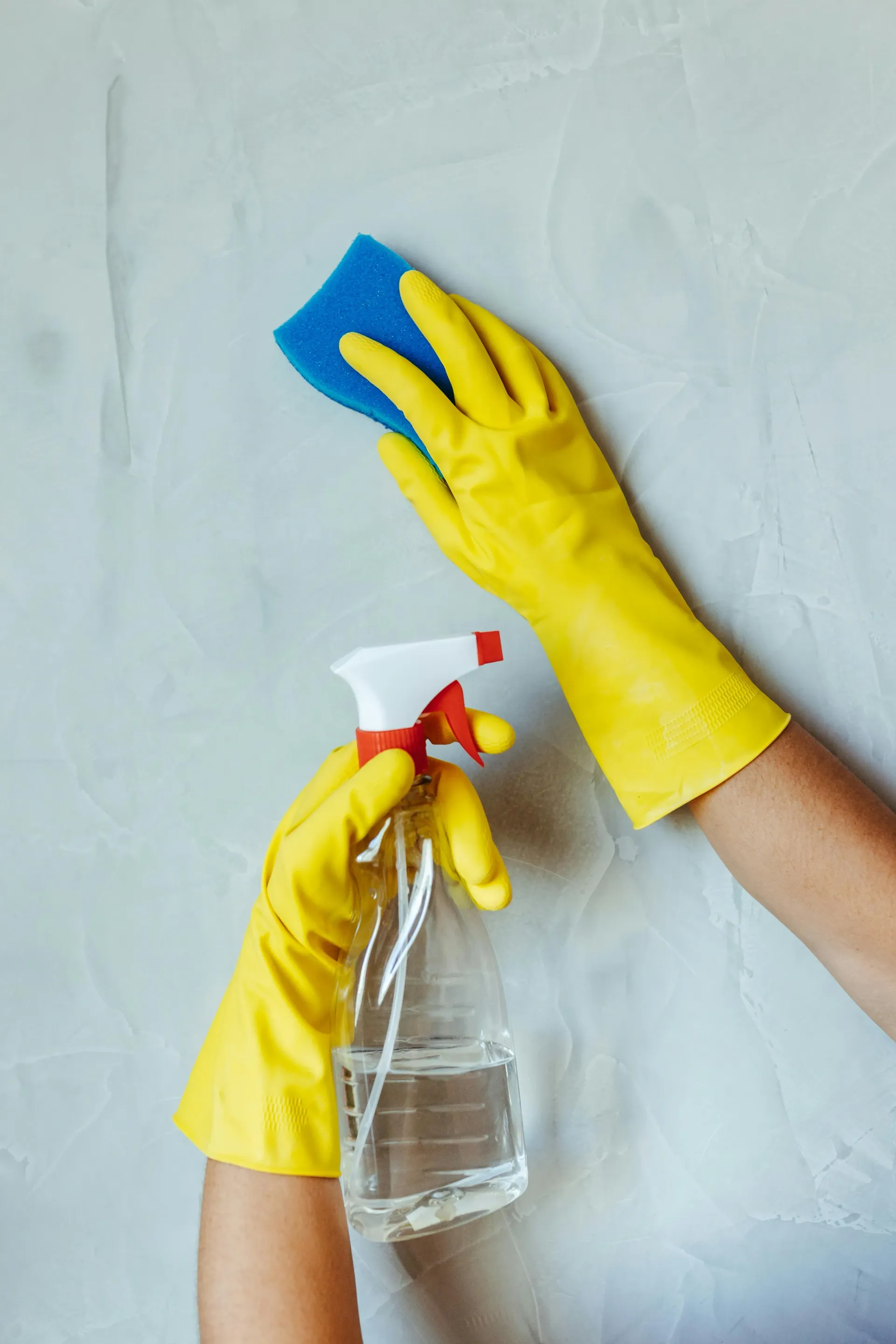The Surprising Mental Health Benefits of a Clean Living Space
A clutter-free space isn’t just nice to look at—it’s a sanctuary for your mind. Studies show that a clean environment does wonders for mental health. From easing anxiety to enhancing self-worth, your home’s tidiness is more than aesthetics—it’s self-care. In today’s fast-paced world, carving out peace through cleanliness is one of the most empowering acts we can do.

The Powerful Link Between Cleanliness and Clarity
Imagine waking up in a sunlit room with freshly laundered sheets, zero laundry piles in sight, and gleaming countertops. Sounds serene, right? That’s no coincidence. Research confirms that our surroundings dramatically influence our emotions, thought clarity, and stress levels. A clean living space silently sets the stage for emotional harmony and psychological balance. It isn’t just cleanliness—it’s calmness.
Why Clutter Triggers Anxiety and Depression
It’s been psychologically proven—clutter increases cortisol, the stress hormone. Constant visual stimuli from scattered belongings overload our brains. You might not consciously notice, but each unwashed dish or random item on the floor nudges your stress upward. When your mind sees mess, it interprets it as unfinished tasks, which spikes anxiety and slowly chips away at your mental well-being.
The Science of Visual Noise: How Mess Impacts Your Brain
Visual clutter isn’t just annoying—it’s neurologically exhausting. The brain craves order to efficiently process information. A chaotic space equals a chaotic mind. People often report irritability and low patience in disorganized spaces. Over time, this constant “visual noise” contributes to decision fatigue and emotional burnout.
Clean Space, Calm Mind: The Cognitive Connection
Neuroscientists have long studied how environments influence brain function. Cluttered surroundings overload the prefrontal cortex, responsible for focus and decision-making. In contrast, tidy spaces encourage alpha wave brain activity—associated with calm and creativity. That’s why many therapists encourage organizing your environment before tackling deeper emotional work.
A Tidy Bedroom Can Help You Sleep Better
Poor sleep and messy bedrooms often go hand-in-hand. Why? Because the brain sees disorganization as a threat to peace. A National Sleep Foundation study found that people who make their bed every morning are 19% more likely to report good sleep. Clean sheets, dim lighting, and uncluttered surroundings signal the brain it’s safe to relax.
Clutter’s Effect on Focus and Motivation
Whether working from home or studying, clutter can crash your productivity. A Princeton study revealed that physical clutter competes for your attention and limits your ability to focus. Simply put, you work slower in mess. This, in turn, leads to procrastination, guilt, and mental fatigue—creating a toxic productivity cycle.
Mess and Mood: How Dirt Dims Your Spirit
Ever noticed a low mood after walking into a dirty room? That’s not your imagination. Dirty surroundings evoke feelings of guilt, shame, and even hopelessness. In fact, clutter has been linked to increased depressive symptoms. On the flip side, cleaning boosts dopamine and gives an instant emotional lift.
Clean Environments Reduce Cortisol Levels
Scientific evidence supports that cluttered homes raise cortisol, while tidy ones reduce it. One UCLA study on families found that women with messy homes had consistently higher stress hormone levels. Cleaning isn’t just cosmetic—it’s chemical. It resets your body’s stress signals and helps you breathe easier.
How Cleaning Helps with Depression Symptoms
When depression sets in, motivation vanishes. Ironically, cleaning—even small tasks like making the bed—can offer tiny but vital wins. These small acts of control counter feelings of helplessness and rebuild momentum. Some therapists even integrate “behavioral activation” by assigning manageable home tasks to depressed clients.
Clean Space, High Self-Worth
Living in an organized environment subconsciously signals that you’re worthy of care and peace. It reflects self-respect. People who invest time in cleaning often report feeling more confident, energized, and capable. A messy home can subtly whisper, “I don’t matter.” A clean one shouts, “I’m in control.”
Clean Habits Cultivate Mental Stability
Cleaning creates rhythm—and rhythm stabilizes the mind. Daily habits like tidying your desk or wiping down counters reinforce structure, consistency, and discipline. These habits anchor you mentally and emotionally, particularly during stressful life phases. Clean routines provide predictability in an unpredictable world.
Reduced Germs = Better Health = Better Mood
Germs and grime aren’t just unhygienic—they’re psychological burdens. A dirty kitchen or bathroom can unconsciously weigh on your mind. Clean environments mean fewer sick days, less anxiety about health, and better overall wellness—all of which contribute to a more balanced emotional state.
Organization Decreases Accidents and Increases Comfort
Safety matters. Trips and falls caused by mess contribute to household injuries. A well-organized space is not just more beautiful, it’s safer—leading to a more relaxed and secure mindset. When you feel physically safe, you mentally relax.
Why Less Stuff Often Means Less Stress
Minimalism is more than a design choice—it’s a psychological release. Owning fewer items means fewer decisions, fewer worries, and less visual noise. You don’t have to go full Marie Kondo, but eliminating excess can drastically uplift your emotional energy and focus.
Ancient Wisdom on Clean Energy and Inner Peace
Feng Shui, the ancient Chinese art of spatial harmony, teaches that clutter blocks energy flow—or “chi.” A clear home invites calm, prosperity, and positivity. Many modern psychologists now align with these principles, confirming that energy in space affects mental clarity.
The Mindfulness of Everyday Chores
Vacuuming, folding laundry, or sweeping—these can become meditative rituals. When done intentionally, cleaning forces you into the present moment. Your mind shifts from worry to action, grounding you emotionally. This mindfulness aspect is a hidden gem of mental healing.
Taking Control of Your Environment
Mental health is often about control. A clean home gives you a tangible way to regain it. In chaotic seasons of life, the ability to organize your physical space restores a sense of personal agency. You may not control the world—but you control your corner of it.
Clean Homes, Happier Relationships
Shared spaces reflect and influence family dynamics. Clean homes often lead to fewer arguments, smoother routines, and more emotional intimacy. Many couples report that tackling household tasks together strengthens their bond and builds mutual respect.
Teaching Kids Mental Discipline Through Tidiness
A clean environment teaches children structure, discipline, and pride. It reinforces responsibility and helps kids understand the value of their space. Plus, studies show that tidy childhood environments foster higher academic performance and emotional resilience.
How Cleanliness Affects Seniors’ Mental State
For older adults, a clean environment reduces fall risks and increases independence. But it also contributes to mental clarity and emotional stability. Cleanliness allows seniors to live with dignity and autonomy—two major pillars of mental health in later life.
The Mental Load of Clutter in Small Spaces
In apartments or tiny homes, clutter accumulates quickly—and stress doubles. Small spaces require strategic organization. Investing in vertical storage or multi-purpose furniture eases not just movement, but mental overwhelm.
How a Clean Desk Inspires Clearer Thinking
Your workspace is a mirror of your mindset. Clean desks = clearer thoughts. Keeping it tidy boosts creativity, efficiency, and confidence. Especially in remote work settings, the state of your home office can either propel you or paralyze you.
Digital Mess Hurts Mental Health Too
Digital clutter—endless files, unread emails, messy desktops—breeds mental fatigue. Studies link digital overload with stress and cognitive fog. Regularly cleaning your devices offers the same mental relief as organizing a room.
The Psychological Boost of Spring Cleaning
There’s a reason spring cleaning feels so good. It symbolizes rebirth, release, and renewal. That deep clean isn’t just physical—it’s emotional. Dust off the shelves, and you dust off your mental cobwebs too.
Professional Cleaning for Mental Peace of Mind
Sometimes, life is overwhelming—and that’s okay. When cleaning feels like too much, hiring a Cleaning Service isn’t laziness—it’s self-preservation. Professionals not only save you time but restore peace to your space and mind.
Must-Haves for a Mentally Refreshing Clean
- Scented candles or diffusers (lavender, eucalyptus)
- Decluttering bins (keep, toss, donate)
- Microfiber cloths and eco-cleaners
- Uplifting music or podcasts
- Visual checklist for daily/weekly tasks
Daily Habits for Lasting Mental Peace
- Make the bed every morning
- Tidy surfaces before bed
- Declutter one drawer daily
- Clean as you cook
- Use the “one-minute rule”: if it takes less than a minute, do it now
Cleaning Without the Overwhelm
Start small. One room. One task. One drawer. The momentum builds. And if it still feels like too much? Don’t hesitate to Contact professionals who can help lighten the load and restore your peace.
Saying No to Clutter: Mental Freedom
Letting go of unused items isn’t loss—it’s liberation. Each item released is space reclaimed in your mind. Saying no to clutter is saying yes to clarity.
Real People Who Found Clarity Through Cleanliness
From overwhelmed moms to high-stress professionals, countless individuals have transformed their mental state through clean living. Their testimonials all echo the same truth: clean space, clear head, better life.
FAQs
How does clutter affect mental health?
Clutter increases stress hormones, reduces focus, and contributes to feelings of anxiety or depression.
Can cleaning really improve mood?
Yes. Cleaning releases dopamine, promotes mindfulness, and creates a sense of accomplishment.
What are small cleaning habits I can start with?
Make your bed daily, clear surfaces, and take 5 minutes each evening to tidy.
Does hiring a cleaning service help mental health?
Absolutely. It reduces workload, stress, and frees up time for rest or joy.
Is minimalism better for mental wellness?
For many people, fewer possessions create more peace and mental clarity.
Can cleaning be considered self-care?
Yes! Cleaning is an act of nurturing your space and, by extension, yourself.
Conclusion
A clean living space isn’t just a tidy room—it’s a lifeline for your mental health. When your environment is serene, your mind follows suit. Whether you do it yourself or bring in a Cleaning Service, don’t underestimate the life-changing power of a clean home. You deserve that peace. You deserve that clarity.
Links
- Cleaning Service: https://www.redapplecleaning.com/
- Contact: https://www.redapplecleaning.com/contact










